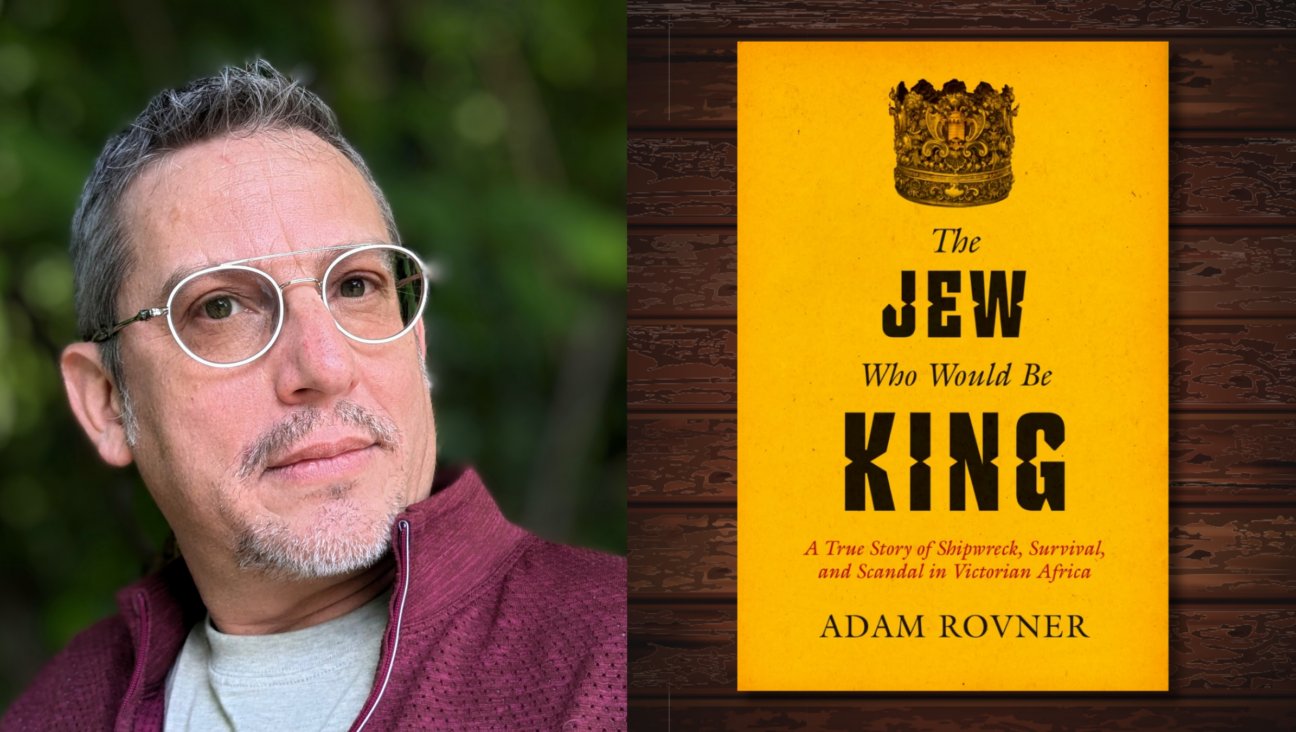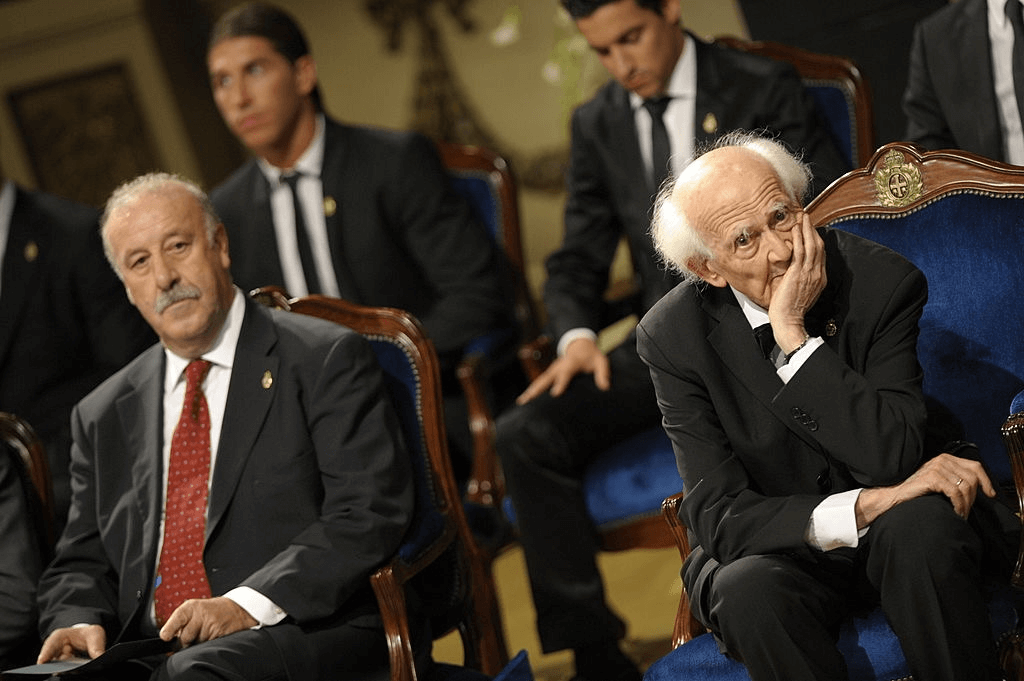The Formalist’s Formalist: On Viktor Shklovsky
Zoo, or Letters Not About Love
Translated by Richard Sheldon
Dalkey Archive Press, 164 pages, $11.95.
A Sentimental Journey: Memoirs, 1917-1922
Translated by Richard Sheldon
Dalkey Archive Press, 304 pages, $13.95.
Third Factory
Translated by Richard Sheldon
Dalkey Archive Press, 125 pages, $12.95.
Knight’s Move
Translated by Richard Sheldon
Dalkey Archive Press, 184 pages, $13.95.
Theory of Prose
Translated by Benjamin Sher
Dalkey Archive Press, 240 pages, $14.95.
Energy of Delusion: A Book on Plot
Translated by Shushan Avagyan
Dalkey Archive Press, 428 pages, $14.95.
Of all the writers of the European 1920s, the greatest modern decade for literature, and unparalleled for writers in Russian — with the light-limbed prose of Andrei Bely, the dark-limned poetry of Osip Mandelstam, and the vanguards of so many excellent others — Viktor Shklovsky was the most underrated, and is still the most under-read. He was born Viktor Borisovich in Saint Petersburg in 1893, and died in Moscow in 1984. Communism, whose revolution Shklovsky fought in, outlived him by half a decade. His writing — an oeuvre comprising literary criticism, memoir, correspondence and fiction that was itself revolutionary, and still soldiering on — deserves immortality. Dalkey Archive Press, a small but venerable publishing house based in Illinois, has dedicated itself to publishing Shklovsky’s writings for the first time in English. To date, it has published Shklovsky’s singular novel, “Zoo, or Letters Not About Love”; two disparate volumes of memoirs, “A Sentimental Journey” and “Third Factory,” and a vital selection of literary criticism, including “Knight’s Move” and “Theory of Prose.” This fall marks the publication of Shklovsky’s immense “Energy of Delusion: A Book on Plot,” and numerous titles are scheduled as forthcoming, including “Hamburg Account,” “Bowstring” and “Literature and Cinematography.”
After graduating from university in Petersburg, that extravagant capital of art masquerading as second city, content to revel in its tsarist wealth and Western pretension, Shklovksy went on to adventure in the Red Army, especially enjoying his service in Persia, where he found that “there is no antisemitism.” Decommissioned, Shklovsky promoted himself to a post more appropriate, if no less organized in its aims: In a society obsessed with the officialdom imparted by the art of the acronym, he became the voice of OPOYAZ, which stands for Obshchestvo izucheniya Poeticheskogo Yazyka, or the Society for the Study of Poetic Language, the progenitor of what would be called Russian Formalism. Those early and formative 1920s Shklovsky spent abroad, in Berlin, a voluntary and impoverished exile. Toward decade’s end, the young author — stubbornly, necessarily — returned to a newly Soviet Russia, where he wrote away the rest of his life, never in favor, never out of favor, always just east of ignored.
Formalism, like so many other misunderstood cults — like Judaism, which was the native religion of almost every Formalist convert, including writers Boris Eikhenbaum and Osip Brik, and linguists Roman Jakobson and Yury Tynyanov — was a concept popularly defined by those uninvolved in its development. Decades before becoming a Stalinist camp meant to condemn the self-conscious, avant-garde product of Soviet artists, Formalism was a school whose intention it was to ignore an artwork’s historic, political and cultural context, directing attention, instead, to the very materials of that art — to its methodology, its technical systems, or component construction. Here, the famous last words of the European 19th century, l’art pour l’art, became finally refined: Russian “art for art’s sake” — already brave in the 1920s, what with the early organization of Soviet censorship — was now “art’s sake for art’s sake,” and the language of criticism would forever be changed.
In retrospect, Formalism was only the first literary draft of a plentitude of modern Russian and European “isms”: Constructivism, born in the 1920s and ’30s, concentrated Formalism’s purist approach on an artwork’s public function, the practical means by which graphic design, film and photography might remake a body politic; Structuralism, born in the ’50s and ’60s, extended Formalism’s concern with the expression of category, both linguistically and, by way of metaphor, into organizational aspects of the social and pure sciences. Such a generative aesthetic, in its very capacity to generate given to muddle or confusion, could most clearly be parsed by Shklovsky himself, even if that clarity always came admixed with the portentous, or an exaggerated flippancy. “Art is a means of experiencing the process of creativity,” he wrote. “The artifact itself is quite unimportant.”
Throughout his life, Shklovsky attempted to rewrite such artifacts of the literary past by recounting or rephrasing favorite moments in its fiction; in the process, demonstrating in minor art the principles of his major theoretical work. Before such Formalist fragmentation, there had been wholeness, totality — the large Russian novel, and its larger-than-life Russian genius, Leo Tolstoy. Here, then, is a wonderful example of a certain type of Formalism, and, too, of a certain type of Russian humor (their two ideals were, perhaps, inseparable): Tolstoy writes,
I remember walking down the street once in Moscow and seeing a man step outside ahead of me and peer at the stones in the sidewalk; then he selected one stone, crouched over it and began (or so it seemed to me) to scrape or rub with singular strain and effort.
‘What is he doing to that sidewalk?’ I thought. When I got right up to him, I saw what this man was doing. It was a young man from the butcher shop: he was sharpening his knife against a stone in the sidewalk. He was not thinking about the stones at all, though he was scrutinizing them; still less was he thinking about them while performing his task — he was sharpening his knife. He had to sharpen his knife in order to cut meat; it had seemed to me that he was performing this task over the stones in the sidewalk. In exactly the same way, man seems to be occupied with commerce, treaties, wars, the arts and sciences when one thing matters to him and one thing is all he does: he tries to clarify the moral laws by which he lives.
This is undoubtedly enlightened writing, Enlightenment writing. Here is Shklovsky’s darker update — intended as both a summary of Tolstoy and as an “autonomous” literary creation:
“A man was sharpening a knife against a stone. The stone was not important to him, though he bent over it.”
Pithy, and as slippery as a cobble after the rain, subtle and full of humor, Shklovsky’s rewrite is, paradoxically, less culturally broad than Tolstoy’s while also more open to the imagination. It wants not to be thought through and understood, but to be interpreted by reference or comparison; to be read as much as to be widely read into. Later, Shklovsky would write in a book of his memoirs the following contradiction, of an ambivalent beauty: “Don’t tell us who we are. We are the stones on which the truth is sharpened.”
Berlin’s Russian colony in the 1920s was the greatest modern representation of a nation’s talent in exile. In the novel “Zoo, or Letters Not About Love,” Shklovsky offers us portraits of this Zoogarten “Menagerie” (this characterization of Berlin’s Russian society is Velimir Khlebnikov’s): Bely, Marc Chagall, Ilya Ehrenburg and Boris Pasternak were resident in Berlin at this time, and all are mentioned in these epistolary pages. Vladimir Mayakovsky spent the fall of 1922 there, following a visit by Sergey Esenin and another by Marina Tsvetaeva. A young Vladimir Nabokov published in Germany under the pseudonym V. Sirin. Gorky, never missing an opportunity, also made an appearance. Having fallen for the Russian Elsa Triolet — here referred to as “Alya”; she later became a French writer, and married Louis Aragon — Shklovsky began writing her letters, often two or three in a day. “Alya” accepted this admiration on one condition, a Formalist caveat: Shklovsky must not, and does not, mention “love.”
Shklovsky’s two memoirs fall on both sides of this Berlin divide: “A Sentimental Journey,” titled in homage to Laurence Sterne’s 18th-century picaresque masterpiece, follows Shklovsky’s rowdy, ranging exploits during the revolution, and is a Portrait of the Artist coming of age as the Soviet state itself comes of age, with Shklovsky sojourning between 1917 and 1922 in, most notably and foreign, Persia and the Caucasus.
“Of course, I’m not sorry that I kissed and ate and saw the sun,” Shklovsky writes from a station in Raivola, Finland. “I’m sorry that no matter how hard I tried to direct events, they went their own way. I’m sorry that I fought in Galicia, that I got mixed up with armored cars in Petersburg, that I fought along the Dnieper. I changed nothing. And now, as I sit by the window and look at the spring, which goes past me without asking what weather it should arrange for tomorrow — which doesn’t need my permission, perhaps because I’m not from around here — I’m thinking that I should have probably let the revolution go past me in the same way.”
The later memoir, “Third Factory,” deals with childhood (referred to as the First Factory), OPOYAZ (the Second Factory, elective) and, though he’s loath to name it, communism (the Third, enforced). Though “Third Factory” was written immediately following “Zoo,” Shklovsky’s Berlin is passed over in approximate silence; the freedom of that life condemned by Russian industry, the encroachment of Soviet facts. Amid the literal smoke and din of these figurative factories, Shklovsky’s style is perfected to a gnomic, at times hermetic, sheen. The section headings make compelling arguments against titular concision: “The Airplane Flew Like a Wounded Beetle,” “The Voice of a Semiprocessed Commodity” and “I Write About How Objective Reality Determines Consciousness, While the Conscience Remains in Disarray.”
Here is another autumnal thought, one of the last lines of this book — so cryptic that the censors didn’t know what to do with it:
“All of us are merchandise laid out in neat rows for the inspection of our time…. We must not die: kindred spirits will be found.”
Apropos of its various interests, Shklovsky’s theoretical work is not for the reader in search of specifically academic or party line pleasure. Like the entirety of Shklovsky’s critical corpus, Dalkey Archive’s most recent translation, “Energy of Delusion,” is best intended for the inhumanly well read. Essentially, “Energy” is an assembly line of scholarly digressions on the work of Tolstoy, interspersed with appreciations of Boccaccio, Chekhov, Dostoevsky, Gogol, Pushkin and Turgenev — and the focus is on “appreciation,” always; never does Shklovsky wag a finger, or exhort. Shklovsky’s late thesis on plot was the one with which he began: that plot self-proliferates, that a book’s form — after an author’s initial theme, or pretext, is decided upon — generates itself, through identifiable if essentially organic or autochthonous technique. In resonant moments, this plot theory becomes transposed to life itself, or to the plot of life.
“I’ve always started writing my books in the spring,” he wrote. “This is probably irrelevant to other people but it’s good for me. This spring however seems a bit unpredictable; you pick a subject and then the weather keeps changing. It’s either snowing or melting or the snow keeps piling on the pine trees, impossible to say whether it’s April or Christmas. But life is wonderful in the sense that it continues to change — it’s always different.”
This flux, for Shklovsky, was ultimate form, and plot was nothing but the way in which a character lives, or is lived through, mortally — no matter if that character was fictional or not.
Late in the book is an epitaph, applicable to Shklovsky’s own self but, thankfully, tenuously, not his reputation:
“Happy endings that calm the reader and allow the author to leave this world since it’s so good even without him, they have become more tragic because the best among us are dying.”
Joshua Cohen is a literary critic for the Forward.
The Forward is free to read, but it isn’t free to produce

I hope you appreciated this article. Before you go, I’d like to ask you to please support the Forward.
Now more than ever, American Jews need independent news they can trust, with reporting driven by truth, not ideology. We serve you, not any ideological agenda.
At a time when other newsrooms are closing or cutting back, the Forward has removed its paywall and invested additional resources to report on the ground from Israel and around the U.S. on the impact of the war, rising antisemitism and polarized discourse.
This is a great time to support independent Jewish journalism you rely on. Make a Passover gift today!
— Rachel Fishman Feddersen, Publisher and CEO
Most Popular
- 1

Opinion My Jewish moms group ousted me because I work for J Street. Is this what communal life has come to?
- 2

Fast Forward Suspected arsonist intended to beat Gov. Josh Shapiro with a sledgehammer, investigators say
- 3

Fast Forward How Coke’s Passover recipe sparked an antisemitic conspiracy theory
- 4

Politics Meet America’s potential first Jewish second family: Josh Shapiro, Lori, and their 4 kids
In Case You Missed It
-

Opinion This Nazi-era story shows why Trump won’t fix a terrifying deportation mistake
-

Opinion I operate a small Judaica business. Trump’s tariffs are going to squelch Jewish innovation.
-

Fast Forward Language apps are putting Hebrew school in teens’ back pockets. But do they work?
-

Books How a Jewish boy from Canterbury became a Zulu chieftain
-
Shop the Forward Store
100% of profits support our journalism
Republish This Story
Please read before republishing
We’re happy to make this story available to republish for free, unless it originated with JTA, Haaretz or another publication (as indicated on the article) and as long as you follow our guidelines.
You must comply with the following:
- Credit the Forward
- Retain our pixel
- Preserve our canonical link in Google search
- Add a noindex tag in Google search
See our full guidelines for more information, and this guide for detail about canonical URLs.
To republish, copy the HTML by clicking on the yellow button to the right; it includes our tracking pixel, all paragraph styles and hyperlinks, the author byline and credit to the Forward. It does not include images; to avoid copyright violations, you must add them manually, following our guidelines. Please email us at [email protected], subject line “republish,” with any questions or to let us know what stories you’re picking up.















